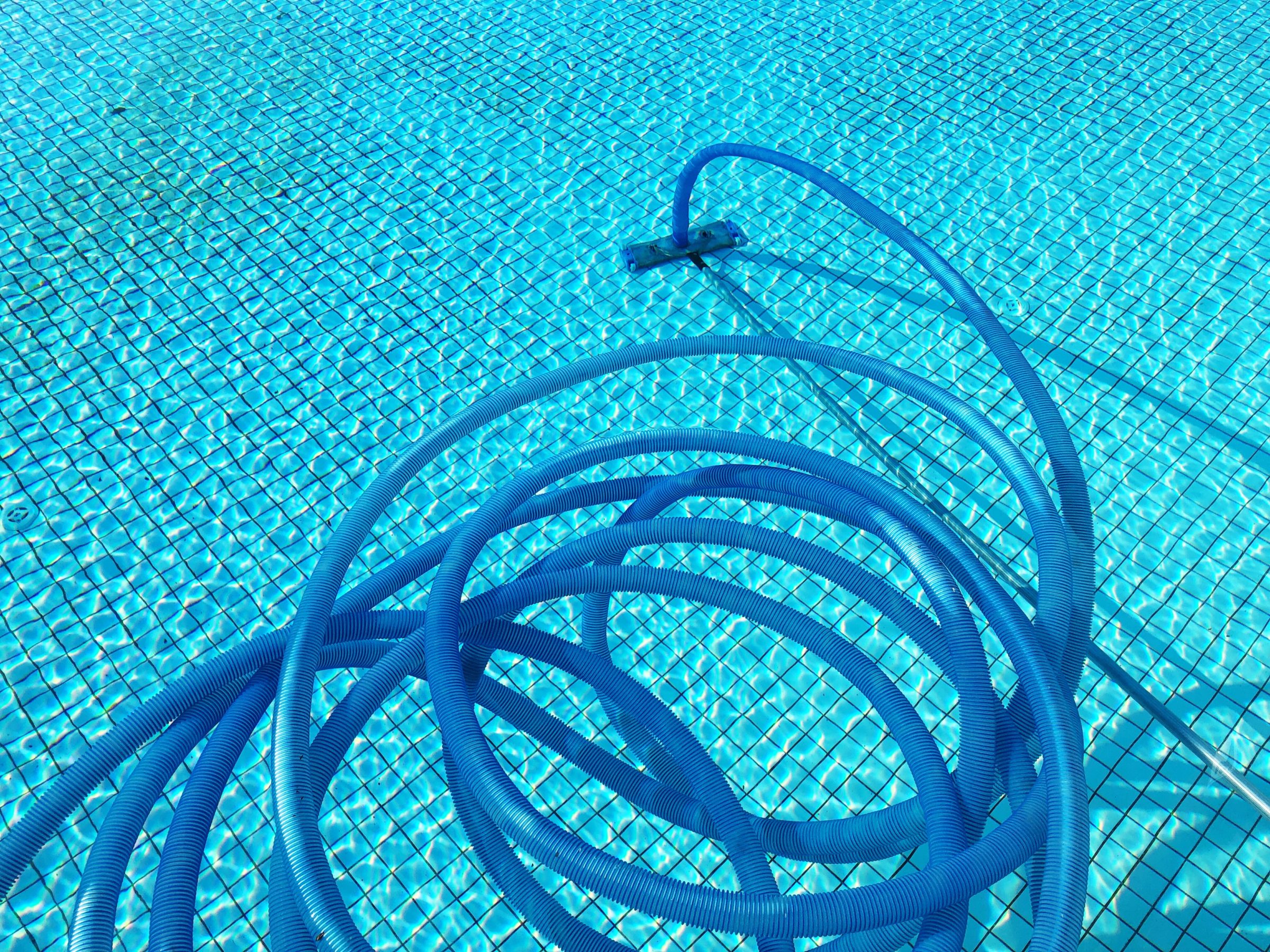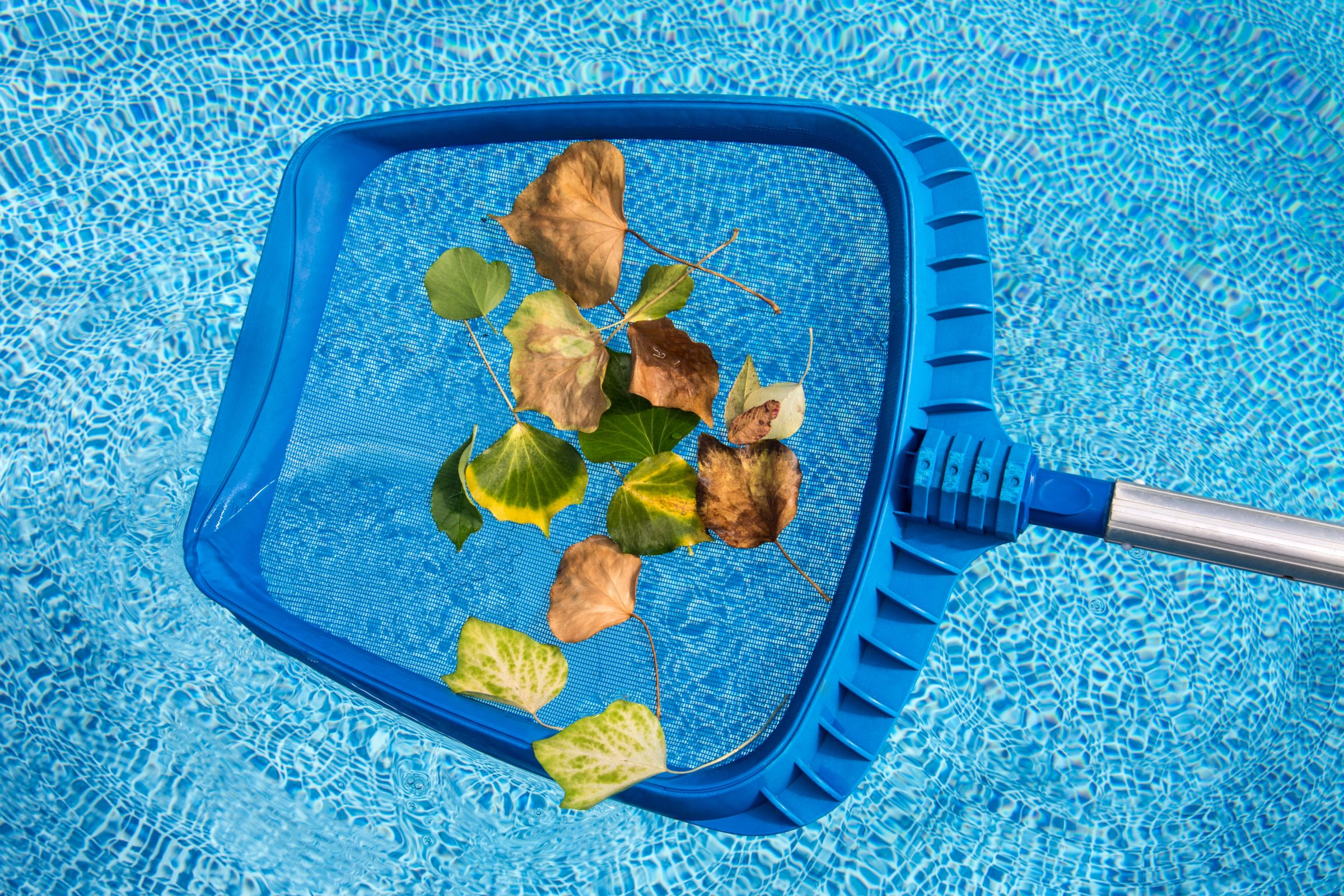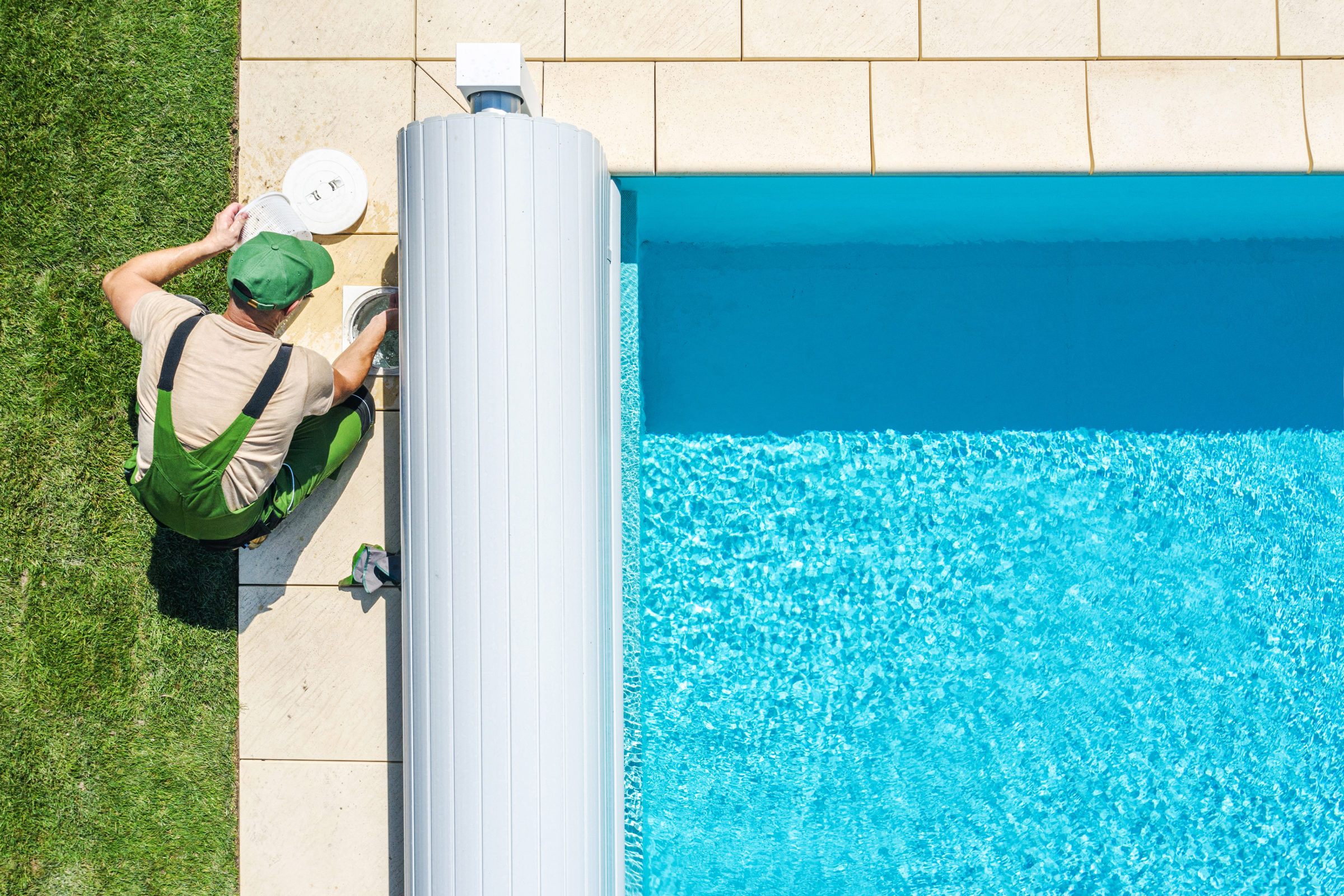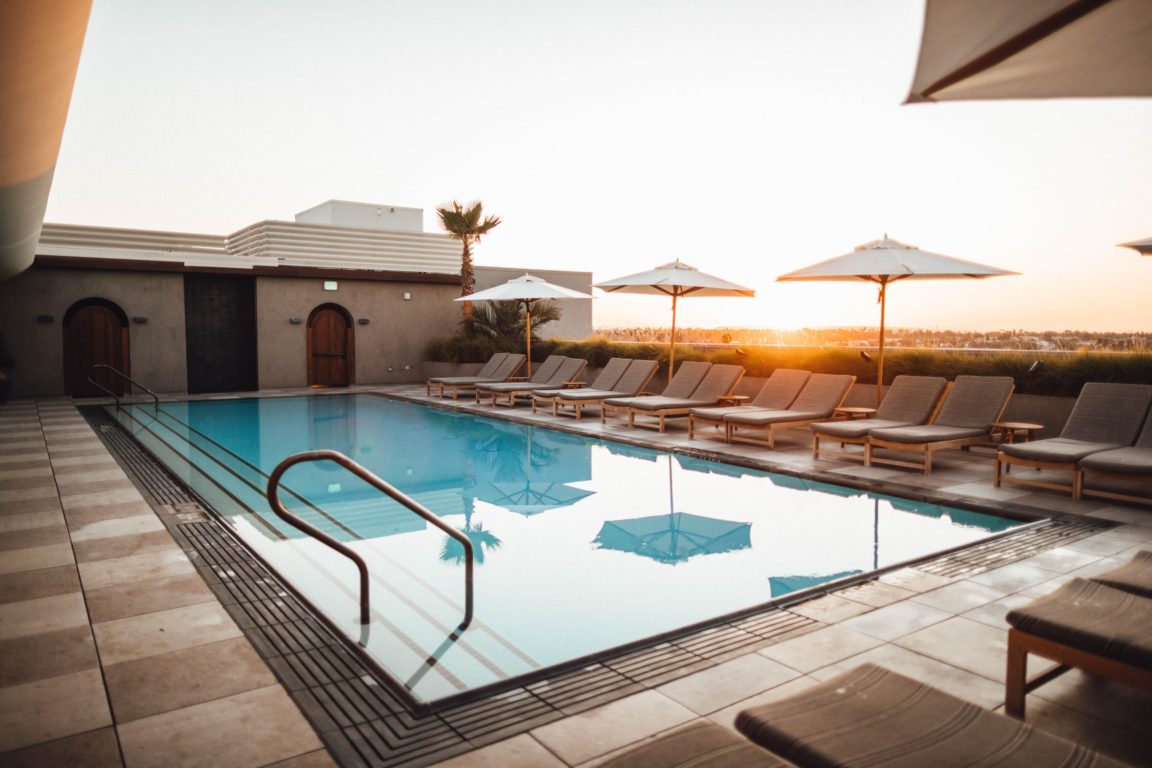Having a swimming pool in the backyard makes your summers fun and enjoyable. It can also become the central focus of your backyard paradise but maintaining the pool, calls for some effort. Hence, it can become quite tricky if you don’t have the knowledge and experience to correctly maintain or care for it. There are some rules to follow for swimming pool maintenance.
In this article, we will share some of the easiest tips and tactics that will make pool maintenance stress-free. It’s the small things that make the greatest impact when it comes to proper pool maintenance and upkeep.
Good Water Circulation
Your pool pump is the core of the pool’s circulation system, so always try to ensure that water flows continuously from the pool’s pump through the filter and back into the pool. Circulating your pool water allows the added chemicals to be evenly distributed. It also shows that you’re filtering it correctly, which will keep your pool clean and free from algae infestation and debris.
As a general guideline, you should try to operate your pump for roughly 12 hours per day in the summer and eight hours per day in the winter. The fundamental goal of running all the pool water through the filtration system is to keep the water clean.
Pool pumps are also available in several designs, each with its price tag. Do your research to find out which one is the best for you, in terms of swimming pool maintenance and cost savings.

Cleaning
The pure blue water of the swimming pool attracts various bugs, dust, and debris from the surrounding area. If left unchecked they settle at the bottom of the pool. Your pool maintenance will be a lot easier in the long run if you clean out the debris once a day or thrice a week.
After removing the debris, you’ll need to brush specific areas, such as stairs or behind pool ladders, at least thrice a week to keep them clean and algae-free. Brushing your filter regularly allows it to effectively filter out any undesirable organisms.

Maintain the chemical balance
You should regularly test the pool water to maintain its chemical balance. For testing the water, all you need is a good water testing kit. Test the water before adding chemicals or chlorine to the pool. Doing so will tell you exactly how to balance the chemicals without wasting time and money.
Here are the primary chemical levels for your pool that are needed to be tested :
- PH level: 7.4-7.6
- Alkalinity level: 80-130 ppm
- Calcium Hardness level: 200-250 ppm
- Chlorine level: 2.0-4.0 ppm
- Bromine level: 3.0-5.0 ppm
Call a professional
You can DIY pool maintenance with the above-mentioned tips. In cases where something goes wrong, beyond your regular maintenance schedules, such as the pool developing leaks, cracks, or something similar, it’s best to call a pool service technician.
The technician will get the pool maintenance task done quickly and correctly, allowing you to focus on more important things. Another way to save money on maintenance is by purchasing a Total Home Protection aka Service Plus Home Warranty. Their plans offer coverage to your pool and provide professional and qualified technicians for repairs and replacements.

The key to adequate pool maintenance is in understanding the significance of balanced pool chemistry along with frequent maintenance. If you take care of these things, you won’t have to worry as much about any potential pool repairs and maintenance.





